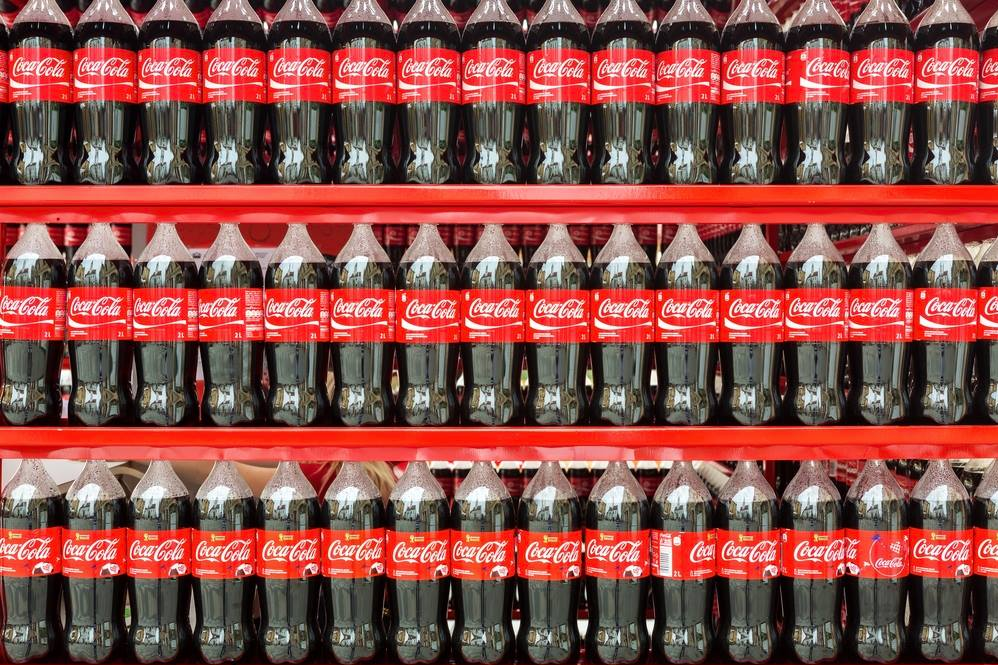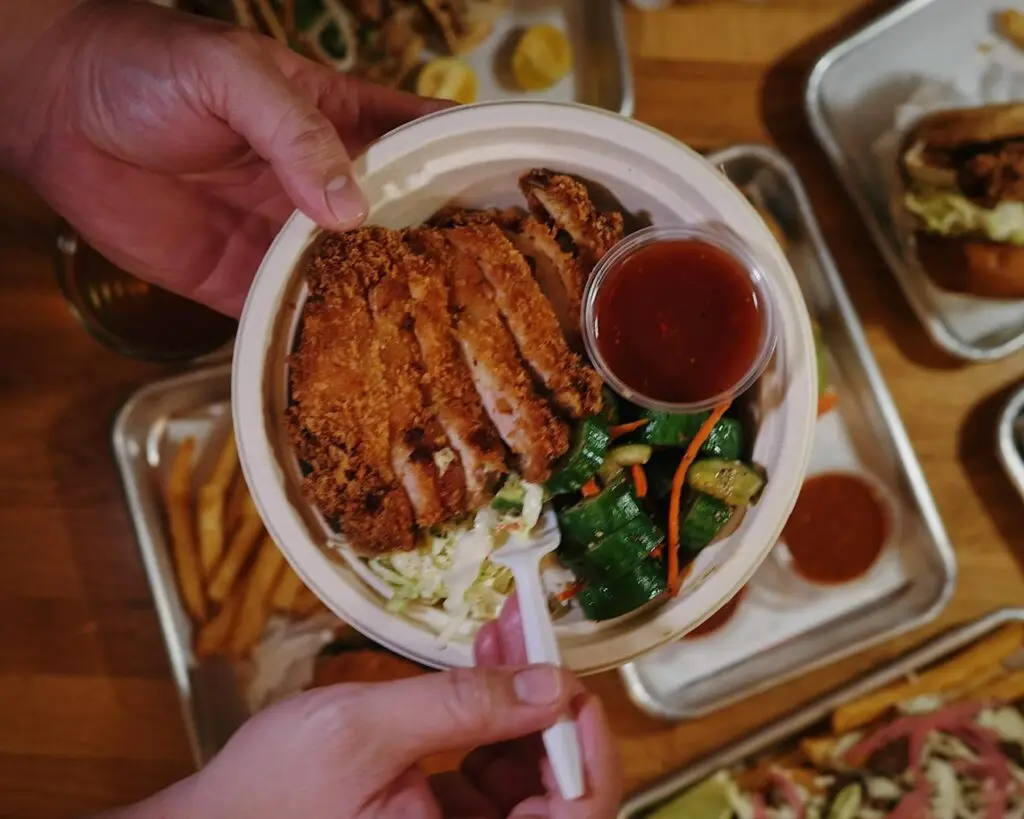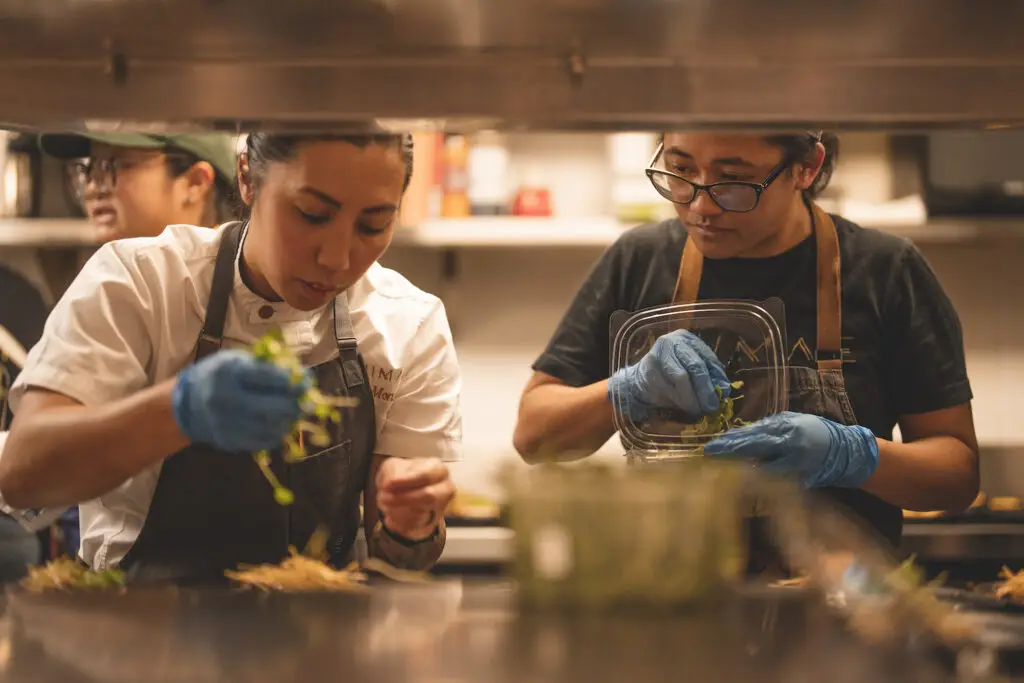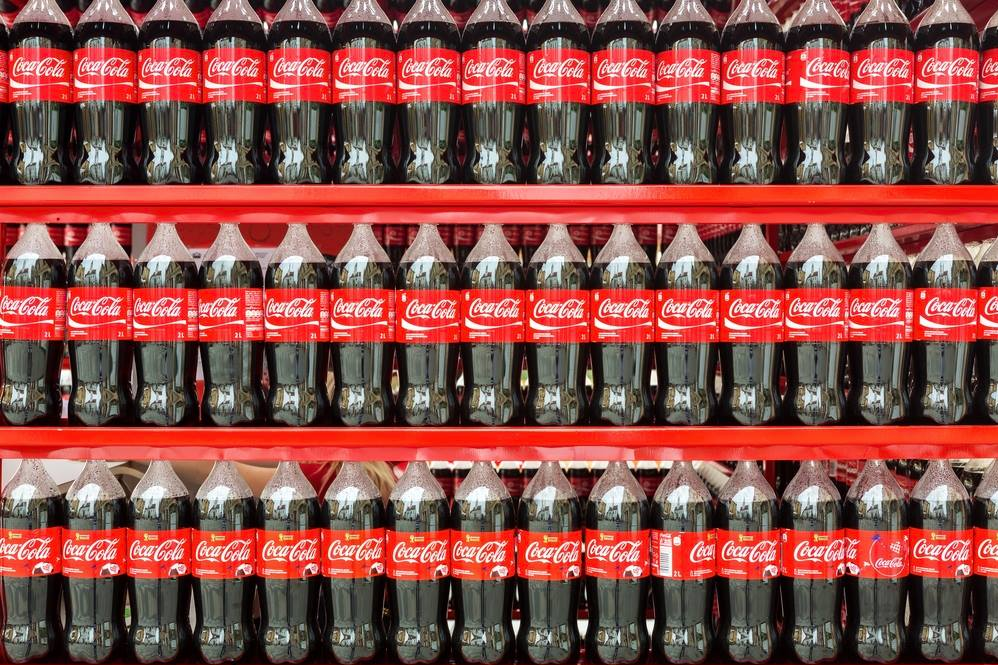Three months ago, Berkeley became the first American city to successfully pass a tax on sugar-sweetened beverages—aka, a soda tax. Thirty other cities had tried and were beaten by Big Soda. It was a proud moment for Californians who value the state’s progressive reputation, which has taken a beating.
Every American city should follow Berkeley’s lead.
It’s time to treat soda as what it is: liquid cigarettes.
When we realized smoking was killing us, we taxed it into luxury status. It worked. Only 18 percent of America now lights up. It’s time to focus on one of the main things that makes us slower, fatter, dim-witted, anxiety-ridden and avid poppers of antidepressants—our grossly dysfunctional “Western diet.”
Diabetes, stroke, heart disease and cancer are all at record highs. More than a third of all Americans are diabetic or pre-diabetic. Three-quarters of men are considered overweight. Worse of all, the number of obese children has tripled.
Junk food is killing us. Fat is our disease. Malnutrition is our awful norm. We need to identify the major problem foods and do all we can to encourage people to reduce consumption.
Oh, we’ve already identified the problem? Yeah, we have. Sugary drinks are by far the most abused junk food in America.
Big Soda isn’t evil. Their product is simply causing massive health problems. At last count (2013), diabetes cost America $245 billion ($176 billion in direct medical costs, $69 billion in reduced productivity). In 2011, UC-Berkeley found that soft drinks contribute more energy (calories) to the diet than any other single type of food or beverage. A Columbia professor predicted that a penny-per-ounce tax on sugar-sweetened beverages in NYC could save $3 billion in health care costs and prevent 37,000 cases of diabetes.
That’s pretty clear evidence. Or is it? A few experts have suggested drinking soda might actually save society money. Because soda drinkers die quicker. And dead people don’t collect Social Security (seriously).
So let’s forget the “paying diabetes’ healthcare tab” argument for the soda tax.
Rather, let’s assume we as America view living unhealthily until we die as a bad thing. That’s why we should tax soda—to deter Americans from one of the worst dietary life choices we are making way too frequently. It’s affecting our health, happiness, productivity, and the quality of our family photos.
Why do we need to get the government involved? Why not just let people stop on their own? Long live free will!
It’s not that easy. There are over nine teaspoons of sugar in a 12-oz can of Coke. That’s more than the American Heart Association suggests humans should have in an entire day, let alone in a single serving. That amount of sugar turns our brain into an endorphin-pumping joy center. Then we crash and get depressed. Then we enter junkie mode. Our brain becomes Trainspotting: Sugar.
Humans have been engineered over millions of years to crave fat, sugar and salt. Those three ingredients are essential to proper health. But consumed in excessive doses, they become the heroin, cocaine and cigarettes of food. They become addictions. There is mounting evidence that junk food is more powerful than human willpower. Sugar-added beverages are the true Super Foods, engineered to be stronger than our ability to resist them.
And here’s the thing about soda: We drink it when we’re thirsty. Our brains tell us this stuff should do the trick because it’s cold and wet. The irony, of course, is that soda doesn’t quench thirst. It does quite the opposite. Not feeling satisfied, we drink more and more. It’s like trying to quench your thirst by eating more sand. And with each big, desperate gulp comes a ton of sugar.
Although America is drinking less soda and sugary beverages, it’s obviously still a major issue. It’s not happening fast enough. We need to take action to help people kick the habit.
There are people (Big Soda) who argue a soda tax punishes poor people (it is a regressive tax, meaning it’s applied uniformly across socioeconomic sectors). Let’s think about that. A tax would make it less affordable for families living in poverty to drink sugary water that causes all sort of health diseases for them and their children. I’m no Pol Pot, but I think I’m OK with that kind of “punishment.”
Some also say our personal health and diet choices are no business of the government. Really? Public health is kind of a core thing a government does. That’s why we treat our water, have poison control, prevent teenagers from buying Pall Malls and can’t openly snort cocaine at bus stops.
No one wants sugary drinks outlawed. That’s a castration of freedoms. As Mark Bittman proposed years ago, let’s just tax it and use the money to fund healthy food.
Berkeley’s penny-per-ounce tax applies to most sugar-sweetened beverages (though curiously not sweetened coffee drinks). Soda takes the brunt because it’s the apex of junk food. Unlike juices, sodas have no nutrients, vitamins or helpful nutrition of any sort. In fact, soda probably robs your body of minerals. Liquid calories are also harder for our bodies to process than calories from solid food, which break down more gradually.
Soda is liquid candy. And we serve it to kids. As part of a meal. Here, Johnny. Wash down your chicken with this carbonated Snickers.
I’m not sure it’s “fun” to pump children with artificially colored sugar water that can lead to sugar addiction and lifelong health problems. That’s a certain form of insanity. A more extreme country might look at parents who serve soda to their obese kids as a form of murder parlayed over years.
The money from Berkeley’s soda tax will go into the city’s general fund. Hopefully it’ll be used to fight diabetes or promote nutrition and health. Berkeley’s measure didn’t name a specific use for the money, because doing so would’ve required a two-thirds victory in the polls. By not specifying how the money would be spent, they only needed a majority vote (they got 75% anyway).
Naysayers write off Berkeley as a hippie, dippie la-la land of wealthy, mostly white liberals who dance naked in the full moonlight and pass kooky laws. There are only 117,000 residents. Alice Waters is their president.
So what? I’m proud of those hippies for living up to their fringe reputation. That’s where progress usually makes its first splash, then ripples out to the rest of us.
The true sign of change will be to pass a soda tax in a major city with plenty of working-class non-whites—which is Big Soda’s main audience these days. The Berkeley measure isn’t perfect. It doesn’t include sweetened coffee drinks. Evidence shows that a tax-per-calorie would be more effective and fair than a tax-per-ounce. And ideally, all taxes raised would be earmarked for nutritional and health programs.
But it’s progress.
Berkeley’s tax will dissuade bad health choices and bring more money to California governments that are really struggling. Mexico had a similar problem. Its people consumed the most soda on the planet. So last year they taxed it, and it worked. People are drinking less sugary drinks and have started equating sugary drinks with health problems.
Point is, America would be far better off if it drank less sugar-added beverages. Big Soda themselves agreed to reduce America’s consumption by 20 percent over the next 10 years. Critics point to the fact that they’re already losing that market share, and they’re just trying to spin it in the positive.
Whatever. We should allow them that. Reports of their horns and pitchfork are widely exaggerated.
Yet even with those concessions, we the people aren’t reducing our intake nearly fast enough. So let’s tax soda (and sugar-added beverages) and nudge our pocketbooks in a healthier direction.
America would be a better place if it taxed all processed foods whose servings exceed the recommended amounts of fat, sugar or salt. For now, let’s start with what the facts point to as enemy number one: The Big Gulp.
ALSO READ: Dear Soda. A breakup letter.

PARTNER CONTENT
Time to Tax Liquid Smokes




















